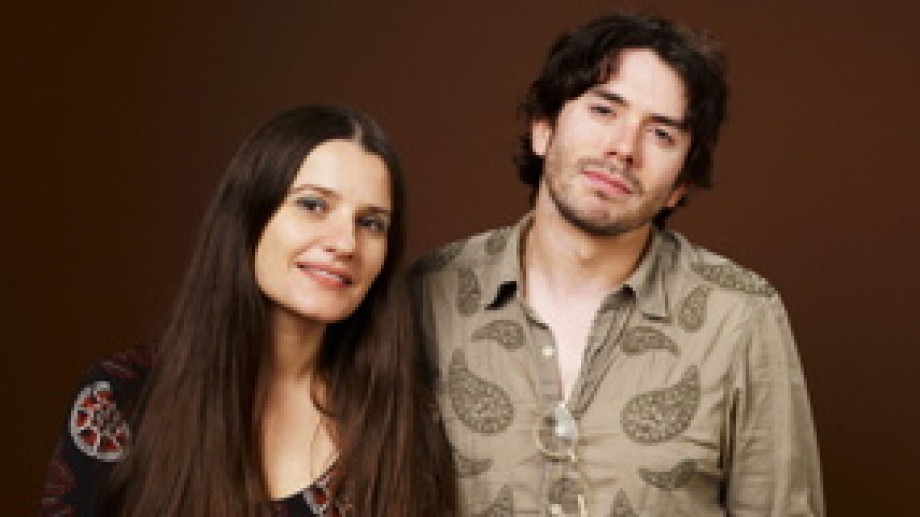
Francine directors Melanie Shatzky and Brian M. Cassidy
This month’s entry in our ongoing Indie Night series, Brian M. Cassidy and Melanie Shatzky’s Francine follows a woman’s readjustment to the free world after being released from prison. Its titular character is reborn into society as she strives to find peace in her life. From lost jobs to one-night stands, Francine’s attempts to connect with what has become an estranged world are impulsive and only temporarily satisfying.
As accomplished and confident a film as it is, Francine is in fact Cassidy and Shatzky’s narrative feature debut. Along with this film, the filmmakers have garnered critical acclaim for their documentary The Patron Saints. Whereas their documentary was six years in the making, Francine was a much quicker process. Via phone earlier this week, Cassidy noted that, with The Patron Saints, “we had an abundance of time. To go from that to a very tight shooting schedule of 21 days forced us to work in a very different way. We had to think on our feet and be much more efficient with our time… It was a very ambitious undertaking compressed into a very short schedule.” Shatzky pointed out another major difference between the two films: with Francine, it wasn’t just a few people working equipment as they did with their documentary, but an entire crew. In taking responsibility for other people’s time and efforts, Shatzky felt this to be “a challenge to let go of control.”
Along with a larger crew, Cassidy and Shatzky also had the opportunity to work with Academy Award-winning actress, Melissa Leo. How this came to be is so unremarkable, it makes the collaboration seem all the more unbelievable in a way. At first, the co-directors had intended to cast a non-actor in the titular role. As Shatzky put it, they were “looking for someone who had similar experiences to Francine’s.” After scouting locations in the Hudson Valley, they met with the local film commission and put out a casting call for smaller roles. Leo, who’s from the area, came across the call and got a hold of the filmmakers.

Of course, Cassidy and Shatzky couldn’t pass up this opportunity. When discussing what Leo brought to the role that a non-actor might not have, the filmmakers remarked on what impact the film’s shooting style may have had on a non-actor. In the film, there’s a clear trajectory in regards to Francine’s growing comfort in the free word, and her sudden retreat from it. Watching this unfold on screen, it’s hard to believe the film wasn’t shot in sequence. “Non-actors tend to benefit from feeling they are in a continuous time and space. Melissa was much very drawing on her skills as an actress to draw that continuity,” said Cassidy.
It’s Francine’s shrinking away from the outside world after she begins to find peace that gives the film a striking sense of loneliness. Towards the end of the film she finds solace in her numerous pets, even going so far as to accompany them to the very end of their lives when, in a scene at a veterinarian’s office, she holds them as they’re put to sleep. Such a scene brought to mind J.M. Coetzee’s Booker Prize-winning novel Disgrace, in which the protagonist commits a similar act of kindness towards animals as a way to repent or forgive himself of a past sin. The novel, and other works by Coetzee, certainly influence Cassidy and Shatzky’s work. What’s most influential about Coetzee’s work, according to Cassidy, is the “courage in his writing… He’s unafraid to go the depths of feeling and loneliness.”
Such a concern for loneliness begs the question: is there hope in this film? “For us,” said Cassidy,”a film doesn’t work unless there’s some degree of identification between the viewer and the person on screen… If that connection is made, then that is hope.”
Francine screens tonight at 8:00pm in our monthly Indie Night series, followed by a Q&A with both filmmakers moderated by guest co-curator Ted Hope!



